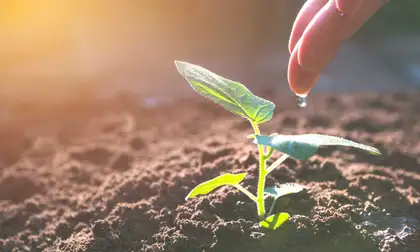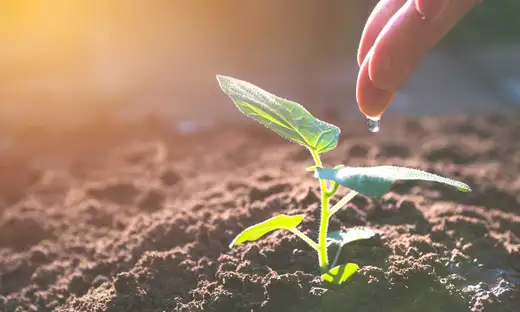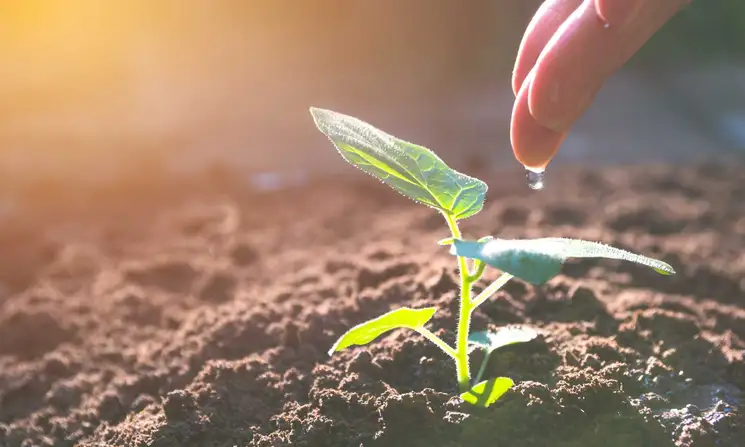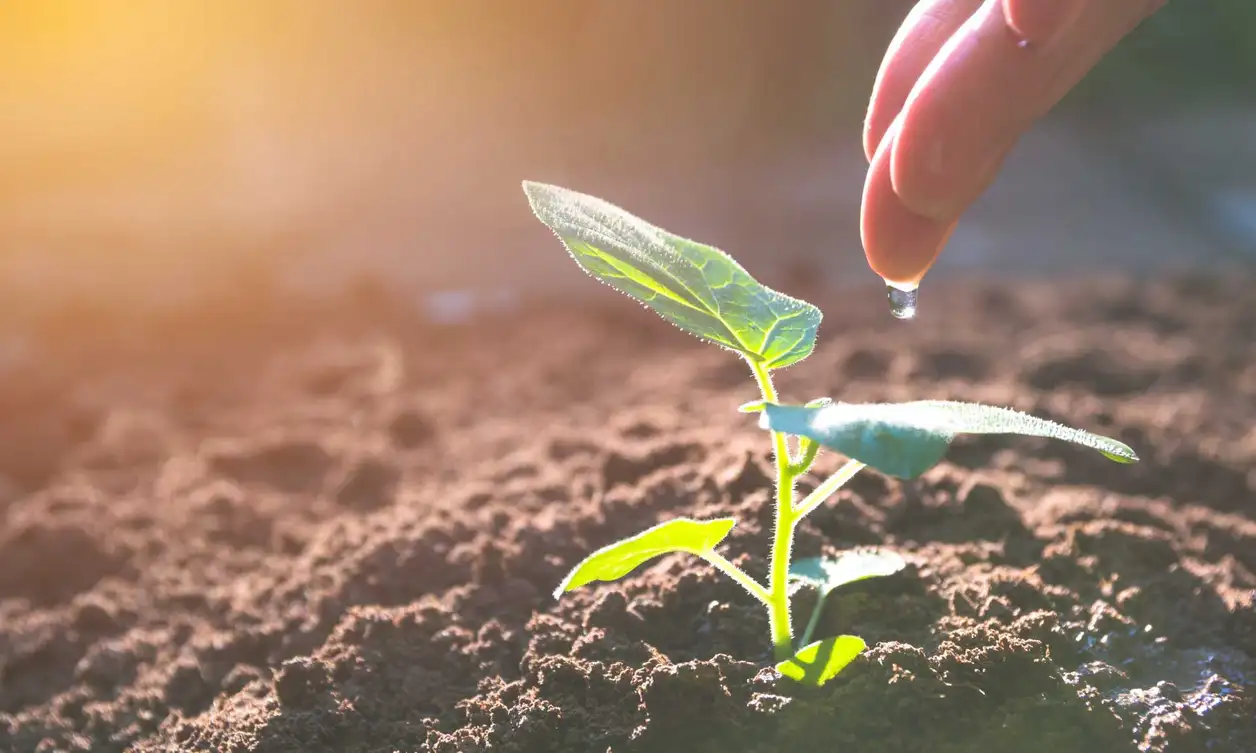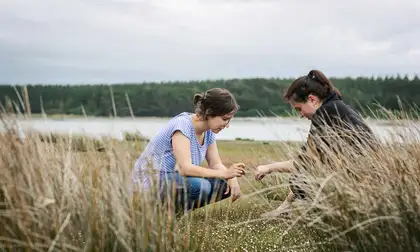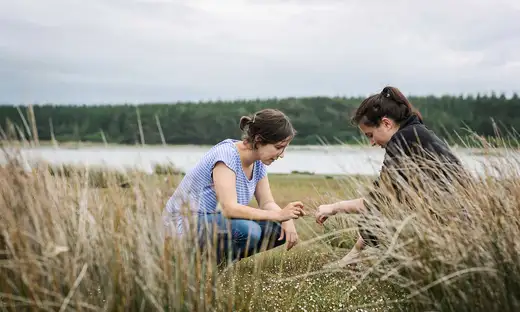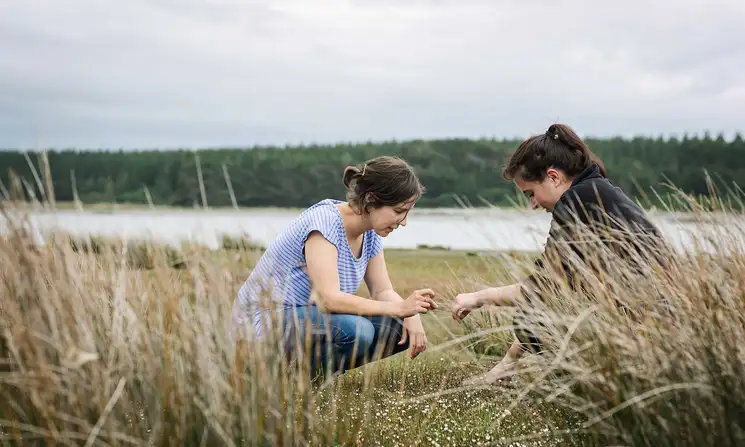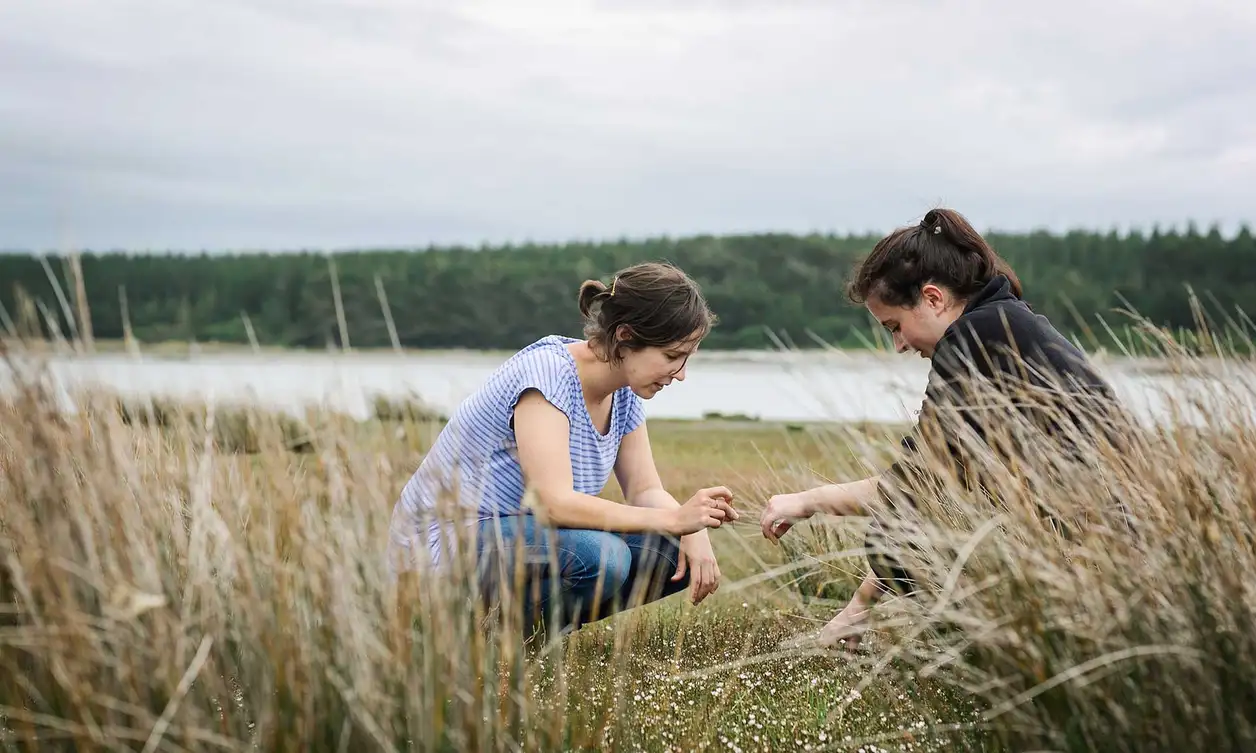Tourism is of great importance to economic wellbeing in the Pacific, and the arrival of Covid-19 and subsequent border closures severely affected the industry in the region. As long-term researchers of sustainable tourism in the Pacific, Professor Regina Scheyvens and Dr Apisalome Movono from the School of People, Environment and Planning were naturally concerned when the pandemic struck, and decided to learn more about how communities were coping.
‘We knew that most of the countries that relied on tourism income couldn’t provide wage subsidies,’ says Professor Scheyvens. ‘There were plenty of households with ten or more people living in them where the main income from several household members came from the tourism sector – such as driving a taxi or working in a resort. As soon as the pandemic struck we wanted to start a research project to find out how those communities were coping. We were worried for them, but we were also hopeful because we are total believers in the strength of Pacific cultural systems, and we know how much they have to offer in terms of resilience building.’
Dr Movono, who had made close contacts in the region as part of his research and previous work experience, agrees. ‘When the pandemic struck we knew that their lives revolved around tourism and that they would be hugely impacted, so that set us off on this trajectory to try and not just make sense, but [also] empirically validate what exactly was happening. It’s been a privilege that Massey has allowed us to do this research and supported us.’
Building upon strengths of cultural and ecological systems to build resilience
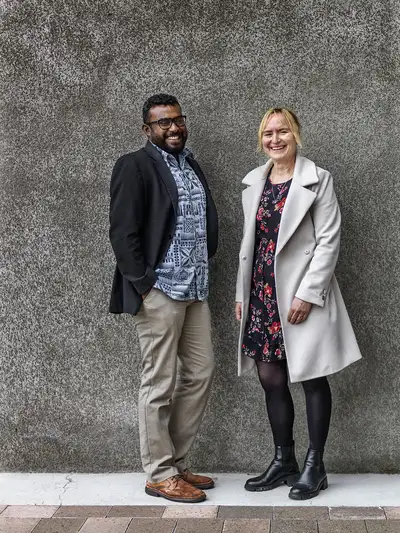
Dr Apisalome Movono and Professor Regina Scheyvens, School of People, Environment and planning
Professor Scheyvens and Dr Movono focused on five tourism-reliant countries: Sāmoa, Vanuatu, Solomon Islands, Cook Islands and Fiji. Because of the border closures, fieldwork was not possible, so they used an online survey to learn about the economic impacts of the pandemic on individuals, their households and tourism-related businesses. It also asked how various aspects of participants’ wellbeing had been affected, and how they had adapted in response. The survey link was distributed using email lists of contacts and tourism-related social media sites. Many of the respondents were long-term tourism industry employees, occupying a broad range of roles, from management and business owners to kitchen staff.
As well as the survey, the researchers engaged six Pacific-based research associates located in the case study countries to conduct interviews. They were able to engage in meaningful conversations; of particular importance was conducting the research in a culturally appropriate way, for example through the use of talanoa, the process where two or more people converse and share ideas and stories.
Finally, follow-up talanoa were conducted virtually, with 11 of the original survey participants from Fiji, Sāmoa, Cook Islands and Niue. These interviews took place in early 2021 to see how people were coping almost a year after the pandemic had closed Pacific borders.
The results showed that over 73 per cent of respondents had experienced a major decline in household income. Some tourism operators and hotels adopted a people-centred approach focused on workers’ wellbeing, providing financial and social support, but most were forced to close down, leaving employees to fend for themselves. To survive the initial few weeks of the pandemic, people turned to backyard gardening, established small businesses and used support from government pension scheme withdrawals. However, with economic prospects no longer viable where they lived, many participants left tourist towns and returned to their vanua (ancestral lands and villages).
‘It’s been a struggle for many in lots of different ways, but they have adapted,’ says Professor Scheyvens. ‘They have supported each other, built on their social and cultural connections, and gone back to the land and the sea in order to find ways to survive. We have the most beautiful quotes on how people have thrived during this period. The most exciting thing that has come out of this research is to see how well many of these communities have adapted.’
The research has highlighted a broader question about resilience building in island communities. ‘People in islands around the world know that resilience is critical to their survival and they’ve had to adapt over many generations,’ says Professor Scheyvens. ‘The wider question is, how do you build upon strengths of cultural and ecological systems to build resilience?’
She points also to climate change – noting, for instance, that cyclones in Fiji and Vanuatu have been growing in intensity – and mentions other impacts on the region. ‘The global financial crisis hit Pacific countries hard, and there have been health crises before the pandemic, as well as political crises.’ But, she says, ‘If you have a strong cultural and social foundation and if your natural environment is not degraded, you have a solid base from which to build your future. If you have a values system that is based on thinking about future generations, like the Māori concept of prioritising the wellbeing of mokopuna [grandchildren], then any thinking on sustainable development should be founded on that.’
Apisalome Movono and Regina Scheyvens
Learn more about the researchers who are exploring the affects of Covid-19 and Pacific tourism.
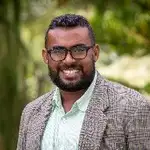
Dr Apisalome Movono
Api joined Massey University as a Senior Lecturer in 2020 after ten years in various positions at the University of the South Pacific. His research focuses on tourism’s social and economic impacts on indigenous Fijian communities. His PhD research sought to improve understanding of resilience, sustainable livelihoods, climate change and tourism development amongst indigenous Fijian communities.
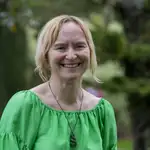
Professor Regina Scheyvens
Regina's research focuses on the relationship between tourism, sustainable development and poverty reduction. She has conducted fieldwork on these issues in Fiji, Vanuatu, Samoa, the Maldives and Southern Africa. Regina is also very interested in gender and development, sustainable livelihood options for small island states, and theories of empowerment for marginalised peoples.

